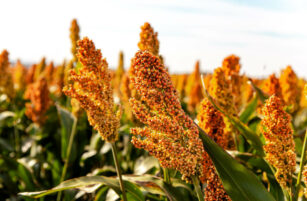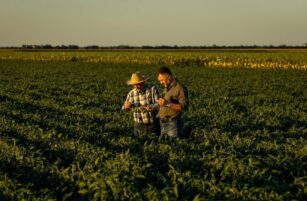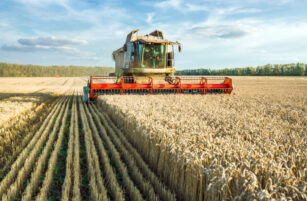Insight Focus
- ADM report the renewable energy transition is transforming global agriculture.
- They were bullish for the second half of the year for oilseeds.
- In the long term rising meat consumption should boost vegetable protein meal demand.
Per multiple prior posts, I promised I would be listening to key renewable diesel (RD) industry earnings calls (feedstock providers and refiners) and this morning I did tune into the ADM Q2 2023 presentation and the Q and A session that followed.
Here are my very brief takeaways:
- Not one, not even one, reference by management or analysts to the recent EPA decision with its disappointing (for the collective RD industry) limited volume obligation for biomass-based diesel blending nor a question about ADM’s current perspective and strategy now that EPA has finalized the 2023-2025 period
- Juan Luciano, CEO, did wax eloquent about the renewable energy transition still unfolding with enormous (positive) implications for global agriculture over the coming years (I am waiting on the transcript which will be issued tomorrow but I am pretty certain he said the industry is transforming at the fastest pace since the last century)
- Clearly the enormous expansion in recently harvested Brazilian soybean and corn crops proved beneficial to ADM’s Brazilian operations (and Bunge likely confirms the same tomorrow during their scheduled call) as the record crops overwhelmed the warehousing and logistics capacity of the Brazilian industry which meant big returns on assets for those in position to handle the crops (physically, financially, and logistically)
- As an aside, please remember my prior posts where I have mentioned that the USDA’s July 2023 world soybean production forecast has already contemplated another sequential record soybean crop for Brazil and an end to the 9-year Argentine production doom loop for their upcoming new crops. The question comes to mind, is the global picture on soybean supply now at the best it can get and is there only downside (crop production, revenues from warehousing and trade, processing margins) from here forward?
- ✓ I especially thought of this as Mr. Luciano and CFO Vikram Luthar talked extensively about the enormous benefit for revenues and margins this year from the Brazilian soybean production (but frankly really did not discuss the Argentine disaster and its implications other than its benefits to US and Brazilian processing margins; see the table on the next page featuring negative Argentine new crop margins, traditionally the best margins of the year)

- Mr. Luciano provided a very bullish tone for the second half of the year, especially for US soybean processing margins given crop losses in Argentina leading to global protein meal tightness that must be replaced by the US as well the excellent demand for vegetable oil from the US RD industry. From a long-term perspective Mr. Luciano returned to metrics from prior earnings calls (US total meat consumption at 270 pounds per capita, China at 170 pounds per capita, and World at 100 pounds per capita). He then asked all of us listening to the call to imagine how significant global vegetable protein meal demand will be in the future to produce sufficient feed to produce meat proteins as each global citizen climbs the rungs toward the total US consumption metric.
- Upon reflection maybe there was very little reason to address the EPA’s very short term RVO disappointment when the very long-term implications of global protein demand (and the benefits to global processing agribusinesses) really drives margins for the future
- Mountain of US soybean meal prognosticators: are you listening?
Where in the world would you like to own a soybean processing plant? And where would you like to own a canola/rapeseed plant given the below metrics that ADM published today?













